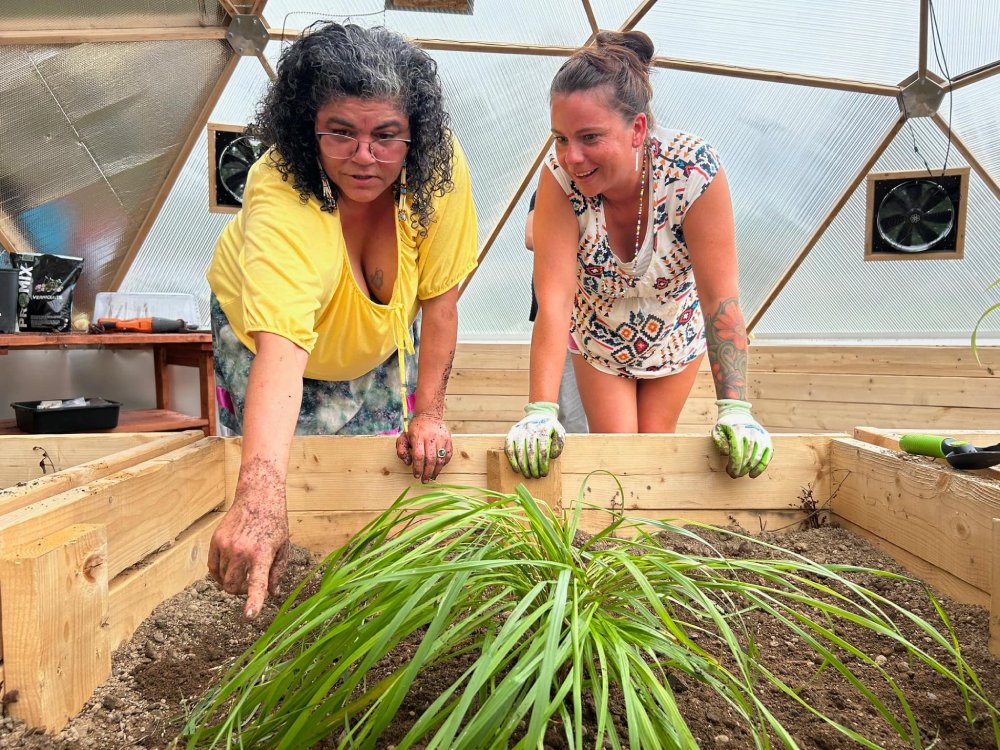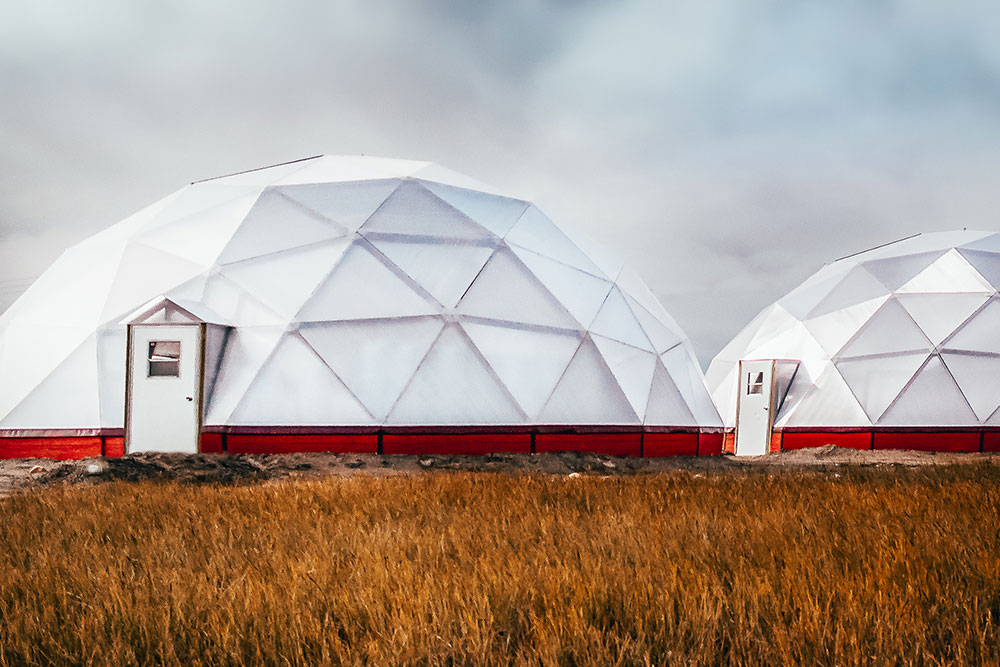

July 27, 2023
An innovative non-profit is helping thousands of marginalized Canadians put fresh food on the table.
Green Iglu is partnering with 10 communities this summer to build multi-season greenhouses that provide fruits and vegetables to food-insecure households. Accompanying education gives residents skills to grow even more food at home.
“The concept of community-based food production is gaining momentum across the country,” said Raygan Solotki, Executive Director of Green Iglu. “With millions of Canadians unable to access enough food to meet their needs, communities are craving local solutions. We are proud to be a part of the answer to Canada’s food-security crisis.”
This summer, Green Iglu will build at least 25 greenhouses in 10 communities – by far the most since the non-profit’s founding in 2015. Each project represents a partnership between Green Iglu and the host community. Donations, grants, and community contributions fund greenhouses. Following construction, each greenhouse is owned and operated by the community, with ongoing support from Green Iglu.
“We cannot understate the importance of healthy food to community well-being,” said Solotki. “Availability of nutritious food should not be dependent on where a person lives or how much money they have. For communities that wish to take food security into their own hands, Green Iglu is a committed resource.”
Green Iglu’s construction season began in May. Staff travelled to Siksika Nation in southern Alberta, where they helped build four large greenhouses near the local high school. The school will operate the greenhouses, bringing healthy food and all-season gardening knowledge to the community. Three greenhouses were also built near Utterson, Ontario, in May.
The eight other project sites consist of:
Green Iglu was established in 2015 in response to high prices and limited availability of healthy produce in isolated communities. The non-profit’s mandate has since expanded to include projects in less remote locations and urban settings.
Green Iglu receives no government funding and relies on donations and grants to fulfill its mission. To support our mission, visit www.greeniglu.com.
For further information, email media@greeniglu.com.








